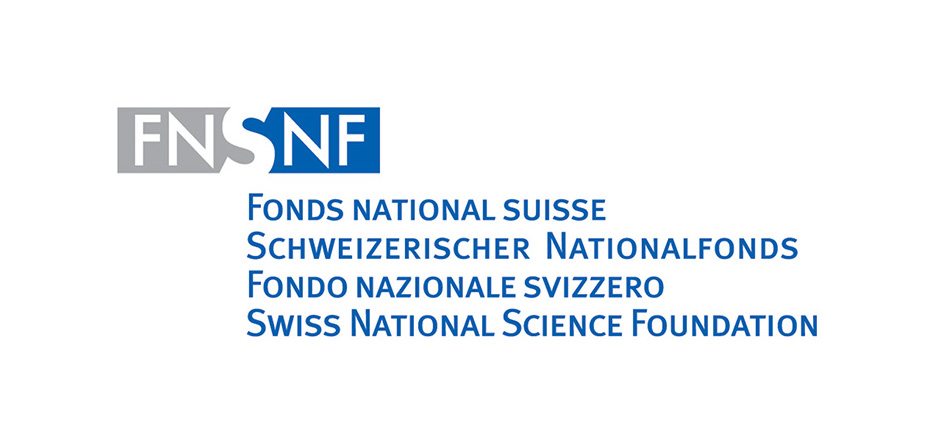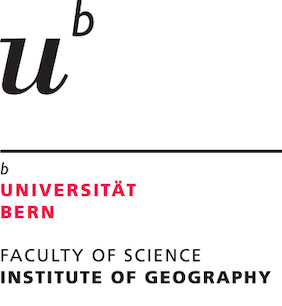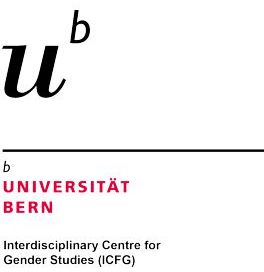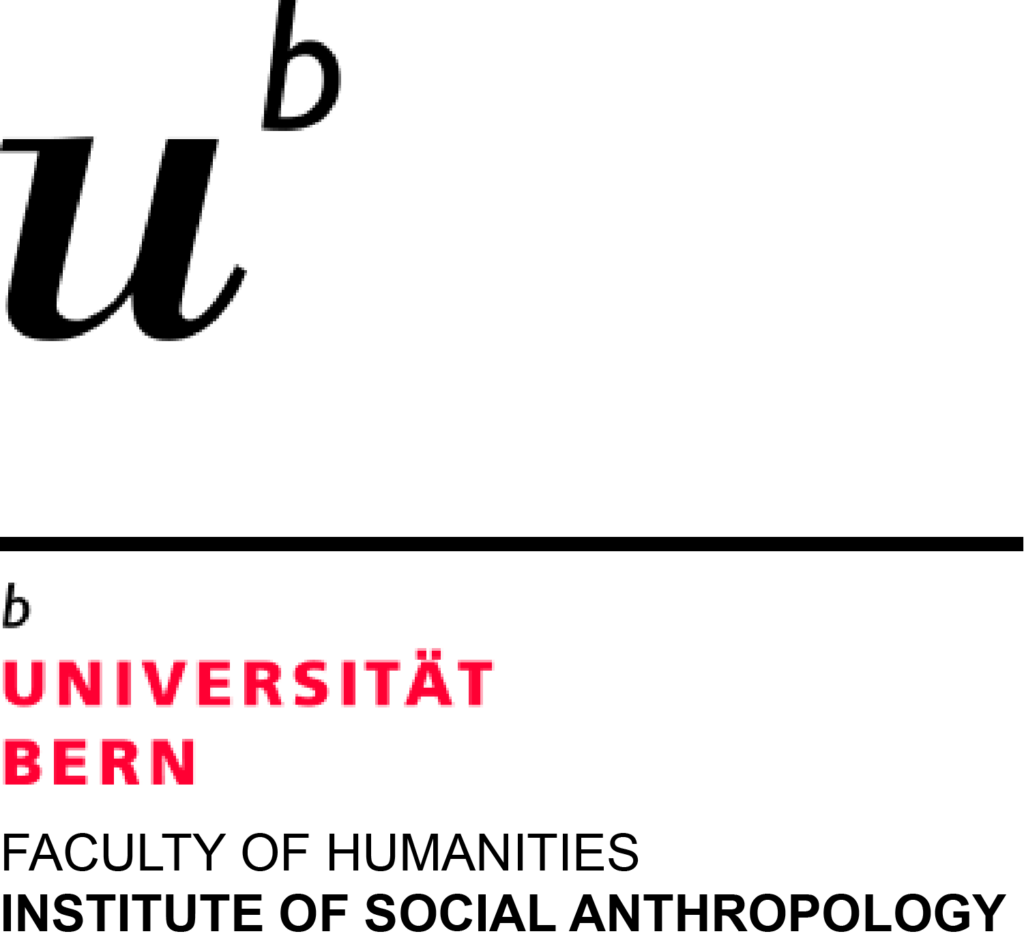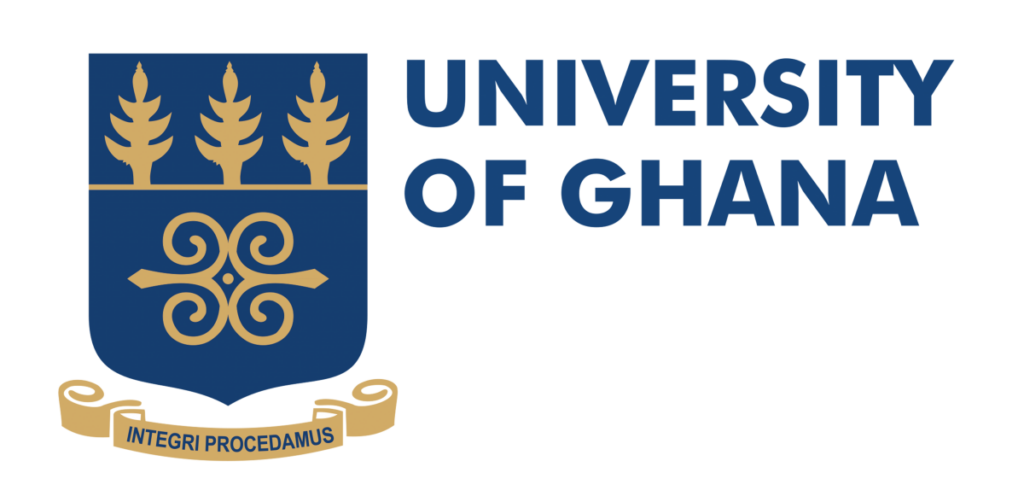Project Description
ISSUE

While land titling is often described as a central condition for agricultural development, it leads to enclosure and exclusion, with significant consequences on gendered access to land and related resources. This project aims to contribute to the debate on the investment-driven formalization of land titles by focusing on alternative forms of tenure arrangements that make collective resource uses, decision-making and responsibility possible.
Theory-driven policies based on the liberal ideas developed at the University of Chicago Law School (Coase 1988) have led to widespread land titling initiatives promoted by international organizations in the Global South. The main objective of this school of thought is to clarify property-right situations and transform land into a commodity that can be mortgaged. Through this process of making dead capital alive, the poor can borrow by using their property as collateral. However, in many African countries, where customary tenure plays a significant role, land titling also leads to enclosure, as one single individual is acknowledged as a titleholder while all other users of the same plot lose their (customary) use rights. Individuals with higher bargaining power are in a better situation to obtain land titles. Land titling profoundly impacts social relationships and can disrupt relations of reciprocity, which constitute a significant safety net for the less well-off, often disadvantaged women. The empirical analysis relies on different bodies of literature we put into dialogue: feminist political ecology and new institutionalism in social anthropology. This project examines formalized arrangements of collective tenure (FACT) that retain the advantages of three property regimes – private, state, and customary property – while minimizing their adverse effects regarding social justice and sustainability.
SIGNIFICANCE

Collective tenure arrangements may guarantee more gender-sensitive access to resources and better consideration for vulnerable groups of actors. Empowering women and increasing their agricultural productivity and income is a goal, but also key to improving other dimensions of household and child welfare and, thus, economic opportunities for future generations. Therefore, this project examines the gendered governance structure of these arrangements, as well as their legal nature.
RESEARCH QUESTIONS

We will focus on FACTs that are based on neither private, state, nor customary property alone and analyze their potential for tenure security, gender equality, and distributive outcomes in agricultural investment. We ask: (a) What is women’s negotiating power in the processes of land tenure definition, and how has it changed and transformed over time with the commodification of land and land-related resources? (b) How do local women strategically come up with new combinations of new and old rights determining land tenure and access to land and land-related resources through strategies of institution shopping and selective rule activation? (c) What are the distributive outcomes of FACT-based investments for resource claimants in agricultural and forest-related land investments? (d) Under what conditions and mechanisms can FACTs contribute to gender equality and better distributive outcomes for all resource claimants? (e) What lessons and challenges for gender equality emerge from investments involving FACTs?
OBJECTIVES

We expect that the project will contribute to the institutionalization of FACTs as a practical approach for securing multi-stakeholder land governance that fosters collaboration and partnership with local communities in commercial land investments. At the same time, it provides opportunities to develop adaptive and gender-sensitive inclusive models to reduce the scale of land acquisitions, gender-based dispossession, and exclusions in favor of inclusive community-based smallholder partnership alternatives in Ghana and beyond.
Ownership studies “is a highly contested field in which there is disagreement over even the most basic concepts” (Hann & Hart 2011, p. 89-90). The theory-informed empirical analysis planned in this project aims to go beyond ideology-based recipes and confront them with empirical results. In this sense, it builds on Elinor Ostrom’s insight according to which private or state property are only extremes on a continuum of complex real-life property arrangements. This project will therefore contribute to a form of new institutionalism that is more aware of the socio-political dimension of institutional arrangements (Haller 2019).
OUTCOMES

(1) Provide insights on the necessary steps to establish targeted flexible institutional arrangements and policy strategies to increase access to land for marginal and vulnerable groups and their benefits from land investments involving customary land. (2) Contribute to and shape the discussion on successful alternatives to pure privatization initiatives of land leading to dispossession and exclusion of many customary resource users, particularly women. It is increasingly acknowledged that secure land rights are a necessary but insufficient condition to promote on-farm investment, productivity growth, and rural economic transformation. (3) Provide new ways to communicate to a broad audience cutting-edge knowledge about a theme – land tenure – that is highly political, sensitive, and complex through a short film.
RESEARCH APPROACH AND IMPLEMENTATION

We combine in-depth case studies with cross-case comparative analysis in a mixed methods research approach. First, we conduct a systematic review of FACT-based investments in Ghana to establish an inventory in the agroforest and agricultural sectors. Based on this review, we select nine typical FACT cases for detailed, in-depth ethnographic analysis using semi-structured expert and household interviews, focus group discussions, participant observations, and co-creative filming. Collected data is analyzed through descriptive statistics and content analysis focusing on institutional, cost-benefit, and gender-based dimensions, as well as distributive outcomes. Two doctoral candidates and a postdoctoral researcher will conduct in-depth case studies in Ghana, analyzing six FACT cases in the agricultural sector and three in the agroforestry sector. Finally, we will perform a comparative analysis across five Sub-Saharan African countries focusing on the effects of institutional differences on the operations and outcomes of gender equality and inclusion of vulnerable groups in FACT-based investments.
GENERAL INFORMATION

The research project will start in January 2023. It is funded through the Swiss Programme for International Research by Scientific Investigation Teams (SPIRIT) of the Swiss National Science Foundation which promotes team-oriented cross-border research.
